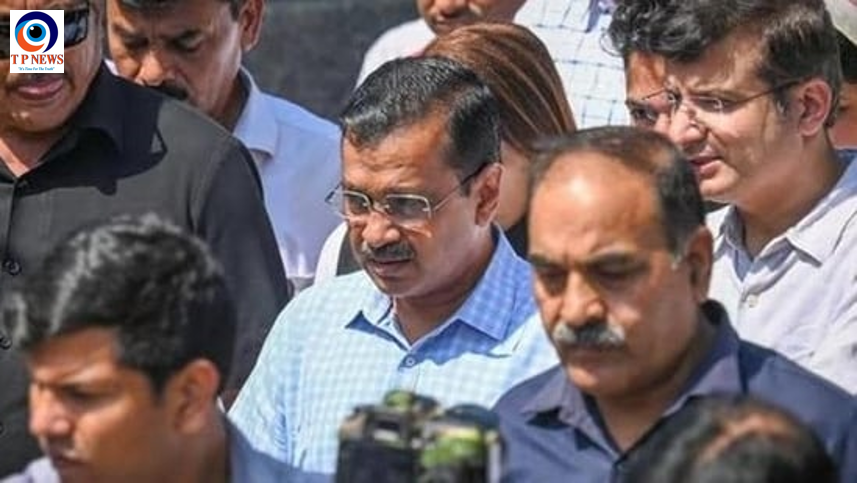As Maharashtra gears up for its high-stakes assembly elections on November 20, political dynamics are anything but stable. The upcoming polls, set to determine the fate of the 288-member assembly, come after a turbulent five years marked by party splits, new alliances, and shifting loyalties. With six key players competing for influence and a spirited opposition raring for a showdown, the election promises to be a fascinating battle for the heart of India’s second-largest state legislature.
A State Divided: The Fallout of Party Splits
The political landscape in Maharashtra has undergone a seismic shift since the last assembly elections in 2019. The collapse of the pre-poll alliance between the Shiv Sena and BJP over the chief ministerial post set off a chain reaction that saw three different governments, including a short-lived three-day regime. The formation of the Maha Vikas Aghadi (MVA) coalition under Uddhav Thackeray, comprising the Shiv Sena, Congress, and the Nationalist Congress Party (NCP), was a historic break from traditional rivalries.
However, the MVA’s fall from power in June 2022 following a rebellion within the Shiv Sena fractured the state’s political unity. Eknath Shinde, who led the rebellion, succeeded Thackeray as Chief Minister with the backing of the BJP, marking yet another twist in Maharashtra’s political saga. Adding to the complexity, the NCP split in 2023, with Ajit Pawar joining the ruling alliance while Sharad Pawar retained control over the original faction. These divisions have left Maharashtra with six major political contenders: BJP, Shiv Sena, NCP (Ajit Pawar), Congress, Shiv Sena (Uddhav Balasaheb Thackeray), and NCP (Sharad Pawar).
Mahayuti vs. MVA: A Battle for Political Dominance
The upcoming polls will pit the ruling Mahayuti alliance, consisting of the BJP, Shinde’s Shiv Sena, and Ajit Pawar’s NCP faction, against the opposition MVA, which includes Congress, Shiv Sena (UBT), and Sharad Pawar’s NCP. The Mahayuti government is betting big on its flagship Ladki Bahin Yojana scheme, which promises a monthly stipend of ₹1,500 for economically disadvantaged women. The scheme aims to cover 2.5 crore beneficiaries across the state, targeting nearly half of Maharashtra’s 4.5 crore women voters.
Despite the Mahayuti’s efforts to win over voters with welfare measures, the opposition is not pulling any punches. Congress leader Ratnakar Mahajan has pointed out the ruling alliance’s struggles, including a perceived erosion of BJP’s voter base and unresolved issues like agrarian distress, unemployment, and inflation. The Maratha quota agitation, which dented the ruling bloc’s performance in the recent Lok Sabha polls, remains a contentious topic and is likely to sway voters once more.
Maratha Quota and Law & Order: Key Election Issues
With the Maratha quota demand resonating among a significant voter base, both alliances will need to navigate this complex issue carefully. The murder of former state minister and NCP leader Baba Siddique on Dussehra (October 12) has also brought law and order concerns to the forefront, with the opposition targeting Home Minister Devendra Fadnavis for failing to maintain public safety. Meanwhile, the collapse of the Chhatrapati Shivaji Maharaj statue in Sindhudurg district has added another layer of criticism against the government.
In the past fortnight alone, the Shinde administration has made over 1,500 decisions, including around 160 cabinet-level resolutions, in a bid to showcase its governance capabilities. Noteworthy measures include a toll waiver for light motor vehicles at Mumbai’s entry points, yet the opposition continues to question whether these last-minute efforts will be enough to win over voters.
The Stakes: A Fragmented Political Battlefield
The 2019 Maharashtra assembly polls saw the BJP emerge as the single largest party with 105 seats, while its then-ally Shiv Sena secured 56 seats. The Congress and NCP contested 125 seats each, winning 44 and 54, respectively. However, the political landscape has since transformed dramatically, with major splits and realignments setting the stage for a fragmented fight. This year’s election will not only test the strength of alliances but also the ability of parties to transfer votes across their factions and stay united amid ideological and personal differences.
The recent Lok Sabha elections delivered a jolt to the ruling alliance, which managed to win just 17 out of 48 seats, while the MVA clinched 30. Yet, state-level elections are a different political ball game. Local issues often take center stage, and the results could defy expectations. As the state prepares for a riveting contest, the fragmented polity makes predicting the outcome even more challenging.
The Path Forward: A New Era in Maharashtra Politics?
November’s assembly elections are more than just a political contest; they represent a critical juncture in Maharashtra’s history. The aftermath of splits within major parties, combined with ongoing social and economic issues, suggests that this election could redefine the state’s political landscape for years to come. Whether the Mahayuti’s welfare measures can counter the MVA’s critique of governance, or if a new player emerges as a kingmaker, remains to be seen.
As voters head to the polls on November 20, one thing is certain: Maharashtra’s political chemistry is about to undergo another transformation, with the results on November 23 potentially heralding a new chapter in the state’s storied political journey.














